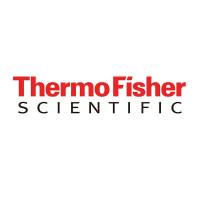The brain serotonin (5-hydroxytryptamine, 5-HT) system is implicated in the neurobiological control of feeding and appears to be dysfunctional in patients suffering from feeding disorders, such as anorexia nervosa, bulimia nervosa, and obesity. Thanks to the identification and cloning of 5-HT receptors, the production of agonist and antagonist compounds, and the generation of 5-HT receptor knockout mice, our knowledge of the implications of different 5-HT receptor subtypes in feeding behavior has greatly increased. Studies have demonstrated an involvement of the hypothalamic 5-HT1B and 5-HT2C receptors in food intake and body weight control. In contrast, the connection between the brain 5-HT system and eating disorders has been less investigated. Little is known about the influence of 5-HT on the rewarding value of eating. Such value may not be linked to food consumption, but rather to voluntary reduction of food intake, as reported upon activation of the 5-HT4 receptors in the nucleus accumbens, which induces downstream events (cAMP/PKA/CART). Here, we describe experimental procedures to study part of the neural bases underlying food intake following intracerebral infusion of pharmacological and nucleic treatments (siRNA, virus) in freely moving mice treated or not treated with a recreational drug of abuse (“ecstasy”). We include the description of a micropunch technique, which allows for the analyses of specific downstream events (cAMP: FRET; pCREB: western blot), molecular biology (RQ-PCR), and radioautography. We conclude that abnormalities in the reward system, possibly disturbing the autonomic nervous system control of feeding behavior, might contribute to the anorexic behavior. Potential 5-HT receptor agonists/antagonists could be developed and used in association with psychological treatment to better cope with the stressors that trigger anorexia and drug dependence.






